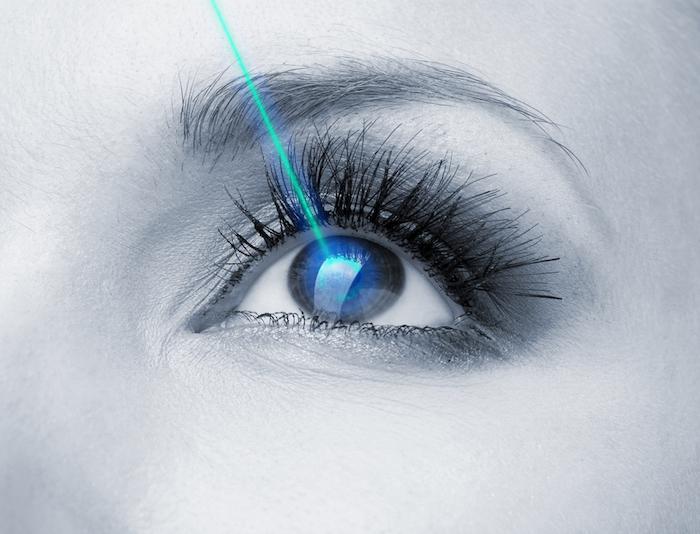If you need vision correction lenses, you’re not alone. In fact, 195.3 million Americans wear eyeglasses or contacts. But, do you wish you could put down your glasses for good or not have to spend time searching for lost contacts? LASIK surgery may be the answer you’ve been looking for.
With LASIK surgery — which stands for laser-assisted in situ keratomileusis — you may be able to get perfect vision after one simple procedure. In this blog, the highly skilled doctors at Tayani Institute explain what LASIK surgery involves and if it may be right for you.
What is LASIK surgery?
LASIK surgery is an in-office surgical procedure that uses a laser to correct your vision. While contact lenses and eyeglasses bend light coming into the front part of the eye — the cornea — to correct vision issues, LASIK surgery actually changes the shape of the cornea to permanently fix the refraction error.
LASIK surgery is designed to fix the following eye conditions:
- Astigmatism (blurry vision)
- Farsightedness (your vision far away is better than it is close up)
- Nearsightedness (your vision up close is better than it is far away)
The procedure itself generally takes about 10 minutes per eye, though you may be at the office for 60-90 minutes.
Candidates for LASIK surgery
In order to be eligible for LASIK surgery, you must meet some requirements.
Stable vision
There are a variety of characteristics that make some patients better candidates for LASIK surgery than others. The ideal candidate for LASIK surgery is someone whose eyes have fully matured, otherwise known as achieving ocular maturity.
For this reason, the Food and Drug Administration only approves LASIK surgery for patients aged 18 and older. Another important characteristic is that your vision should be stable. A good measure of this quality is that your vision prescription hasn’t changed for at least two years.
Good eye and overall health
Both the patient’s eye health and overall health should be good as well. Anyone who has an eye disease — such as glaucoma, cataracts, or a disease that thins out the cornea — or who has certain eye conditions, such as dry eyes, are not good candidates for LASIK surgery.
Likewise, LASIK surgery is not recommended for patients who have a condition that affects their ability to heal, such as diabetes, or puts them at a higher risk of developing infections, such as rheumatoid arthritis, lupus, and HIV.
Ultimate eyesight makeover
For the vast majority of LASIK surgery patients, the procedure is the ultimate eyesight makeover. In fact, LASIK surgery has a whopping 96% satisfaction rate. However, despite the high satisfaction rate and proven track record, like all surgical procedures, patients considering LASIK should discuss their expectations with their doctor and weigh the possible risks before moving ahead with surgery.
During your consultation, we’ll discuss your goals, expectations, and medical history. We’ll then perform a comprehensive eye examination to assess your eye health and confirm your prescription. We’ll also dilate your pupils, check the pressure in your eyes, and measure the thickness and curvature of your corneas. If everything checks out, we’ll schedule you for surgery if you desire.
Do you want to see if you can throw away your glasses for good? To see if LASIK surgery is right for you, book an appointment online or over the phone with the Tayani Institute today.


